The largest organic kumquat and Demeter farm in Andalusia is located in La Axarquía, just 4 km from the sea. "The kumquat season will begin in December and, thanks to the specialization we have achieved in this crop, we can extend the harvest until March," stated Mathias Trumper of Giallo Royal. "We apply the concepts of biodynamics and permaculture throughout our farm. They are two forms of agriculture that go hand in hand and that have been carrying out what we now know as regenerative agriculture for 100 years; that is, working on the soil to improve its condition. In fact, despite the drought we are experiencing, we expect a good kumquat harvest this 2024/25 season, because of the permaculture and strengthening of soils and trees that we've carried out at our Torre del Mar farm for years."
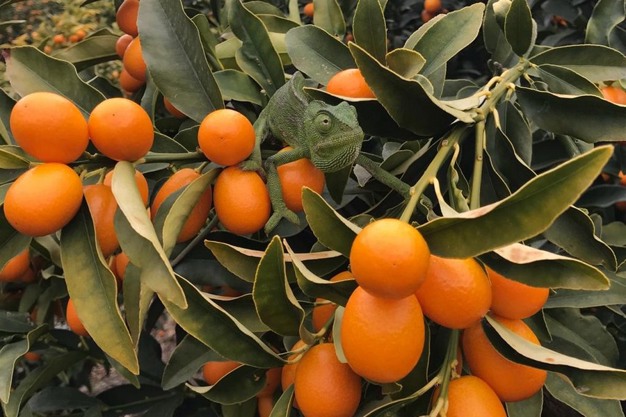
"Kumquat consumption is increasing in the markets where we work - Scandinavia, Germany, and the Netherlands - and it's already a product that large companies have managed to establish on the shelves 12 months of the year. Spain has been a great ally in achieving this because our campaign fills the gap between Israel and South Africa's campaigns, Europe's main kumquat suppliers."
"This continuous supply has helped to homogenize prices and increase consumption in the Nordic countries, where kumquat is sold in tubs or glasses, which are convenient and easy-to-carry formats that have helped extend its success in the market. Kumquat has great potential in Spain because it concentrates all the properties of citrus fruits - including those of the peel, when eaten whole - and has all the advantages and convenience of consuming berries. However, it's difficult to consolidate this fruit among consumers if large distributors don't supply it to the customers all year round and only work with it during the Spanish season," Mathias stated.
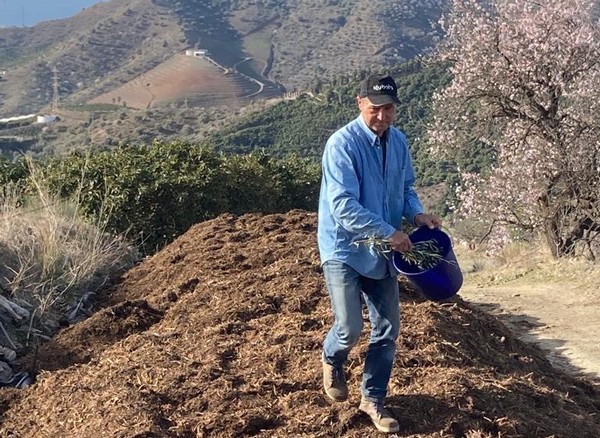
"We are achieving very interesting sales with Passion fruit and Kaffir limes"
Mathias and Tinna grow kumquats and 15 other exotic species harmoniously on the Giallo Royal farm using permaculture techniques. "Intercropping allows us to prevent the soil from being depleted of nutrients that would be absorbed by a single species, as happens with monocultures. It also favors biodiversity and the permanence of pollinators with species that flower at different times," Mathias stated.
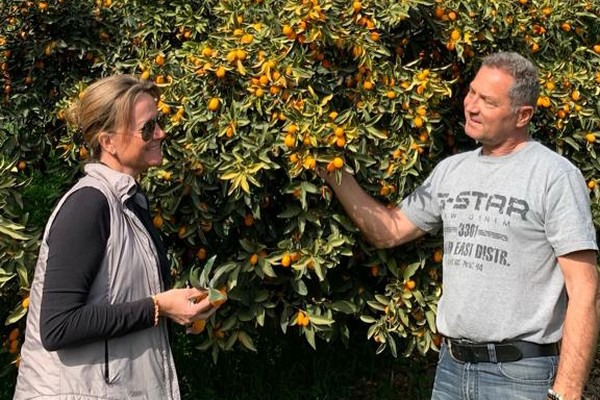
"In addition, having 16 exotic crops allows us to have production practically all year round, which is very interesting for creating long-term relationships with customers, to whom we can offer a continuous supply of fresh organic and Demeter-certified exotic products, with the food safety guarantees of having been produced in Europe. Products such as Buddha's hand, lychee, or passion fruit come from far away destinations, like Indonesia, so many times their level of freshness or ripeness is not optimal when they arrive here."
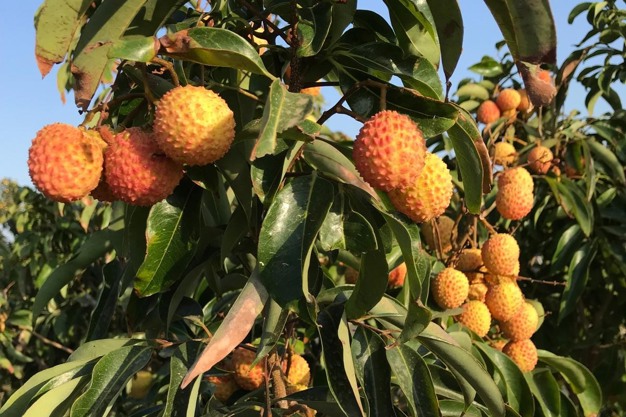
"That's the reason why we are achieving very interesting sales with Passion fruit and Kaffir limes this season. Kaffir lime is an exotic lemon of Asian origin that is widely used in Thai and Vietnamese cuisine and is increasingly being used in Europe. We have been able to open up very exclusive sales channels to haute cuisine and consumers in Scandinavia because there are very few European producers of Kaffir lime and imports from Southeast Asia are very expensive."
"One of our innovations in the Nordic markets is that we have started to work with mixed boxes. These boxes have aroused great interest as they have an assortment of exotic fruits consumers can use to experiment with in the kitchen. In fact, we are already collaborating with two Scandinavian retail chains with this new product, which is proving to be a success."
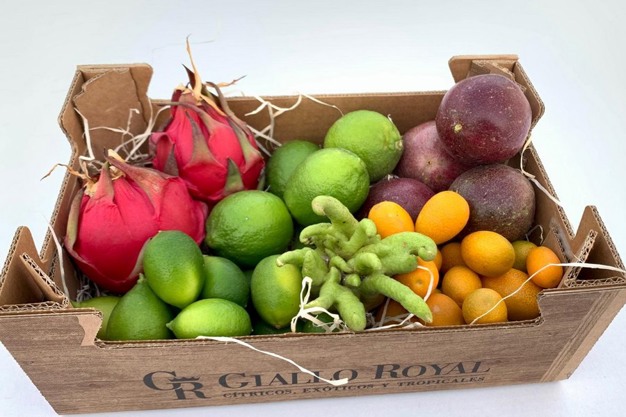
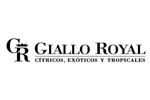 For more information:
For more information:
Giallo Royal
Calle Los Prados N.º 2 Local 3-6
29740 Torre del Mar (Málaga - Spain)
Tel: +34 609 543 474
Email: [email protected]
https://gialloroyal.com
